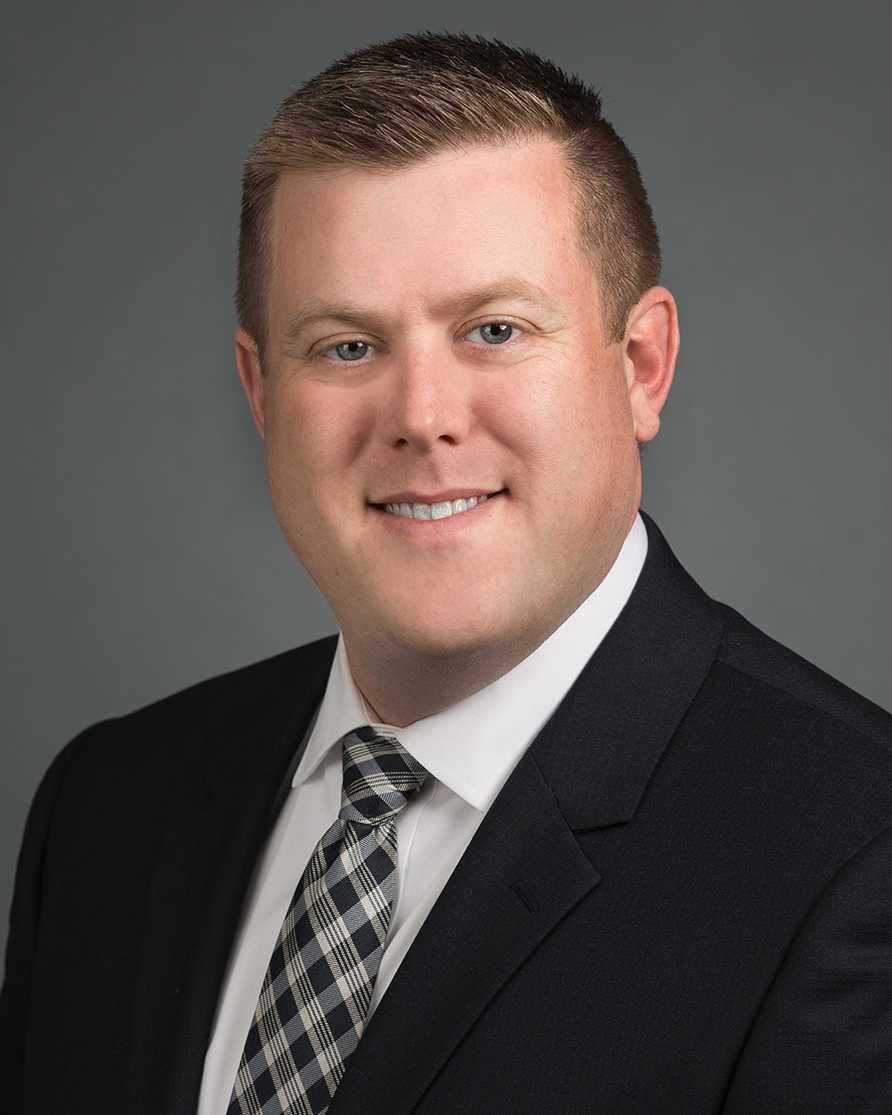Dr. Heather Prendergast knows from years of experience and research that Chicago’s white and minority communities experience stark contrasts in health care.
A UI Health emergency room doctor and associate dean for clinical affairs at the University of Illinois Chicago (UIC) College of Medicine, Prendergast has devoted her 23-year career to studying links between health care disparities and poor health outcomes. Many of the estimated half million patients her health system treats live in Chicago’s most underserved neighborhoods on its west and south sides.
Average life expectancies in the city can vary by as many as 30 years, depending on the neighborhood or ZIP code.

Dr. Heather Prendergast
“There are real lives attached to these numbers,” Prendergast says.
To reduce disparities, UIC and its medical school established education programs to spark interest and encourage more students of color to pursue health care careers and create a more diverse health care workforce. An antiracism action committee with hundreds of stakeholders also was created to ensure promotion of diversity and inclusivity.
“Everyone who works at UIC has an understanding and a commitment to our patient population,” says Prendergast. “We are committed to doing what we can to improve health care equality.”
But health disparities exposed by the pandemic intensified the need for UI Health and other health care stakeholders to take more action.
As COVID-19 began overwhelming cities across the country, it struck Black, Hispanic and Native American populations particularly hard, revealing disproportionate rates of heart and lung diseases, diabetes, immune deficiencies and obesity that increased their risk of severe illness from COVID-19.
UI Health is one of at least seven Illinois health systems partnering with Health Care Service Corporation's (HCSC) Illinois plan to improve health care outcomes in minority groups, increase physician workforce diversity and cultural competency and address unconscious biases and stereotypes that influence behavior.
Through its new Health Equity Hospital Quality Incentive Pilot Program, the Illinois plan is supporting hospitals that serve the highest concentrations of its Illinois members at highest risk of COVID-19 infection in Illinois. The goal is to improve care quality by reducing racial and ethnic health care disparities for members who get care at those health systems over the next three years.
HCSC's Illinois plan is increasing the number of providers who receive value-based payments and including health equity as a core component of the quality program. They also will examine disparities in COVID-19 care, maternal care and telehealth use.
Under the pilot program, the Illinois plan and participating health systems will work toward establishing incentives for hospitals to improve care and change how health care is delivered to minoritized communities.
“This is the first step in a journey of making incremental progress,” says Salma Khaleq, vice president for provider strategy and partnerships for HCSC's Illinois plan. Other hospitals and health care systems are in negotiations to join the pilot. “I think the time was right for a conversation about health equity with providers. Providers are addressing it as part of their own organizational mandate and this program fits right in.”
Prendergast exudes enthusiasm about the program’s potential to help UI Health develop sustainable, long-term strategies and interventions to reduce disparities among patients and communities. The health system already hast started identifying areas for potential improvement, including health care access, care coordination and COVID-19 outcomes, she says.
“We’re really grateful for this opportunity,” Prendergast says. “We could create a roadmap that others can use to improve health care and the physician workforce. We can do something that can help others improve their communities.”
HCSC's Illinois plan also has launched the Institute for Physician Diversity to partner with academic medical centers, teaching hospitals and associations to increase physician workforce racial and ethnic diversity. Participating hospitals with medical schools, as well as residency and fellowship programs, will be rewarded for their diversity.
“Our physician workforce does not represent the racial and ethnic diversity of our state and this issue is not unique to Illinois,” says Dr. Derek J. Robinson, vice president and chief medical officer of HCSC’s Illinois plan. “We are committed as the leading health insurer in Illinois to help accelerate the efforts of our medical education community to address this structural disparity in medicine. Our physician diversity work, coupled with the expansion of our quality focus on equity, is truly leading in the health insurance industry.”
Partnering to reduce health disparities and gain trust
HCSC’s health equity pilot program couldn’t have been launched at a better time for Springfield-based Memorial Health System to address health care inequity in central Illinois.
With a national spotlight on equity because of COVID-19 and civil rights demonstrations last summer, the health system started evaluating its diversity and inclusion efforts and ways to address health disparities. “We saw the opportunity to partner ... as a just-in-time scenario,” says Jay Roszhart, the health system’s ambulatory group president.

Jay Roszhart
“This has been going on for so many years,” Roszhart says. “We have to make sure we have a solid plan.”
The first step is defining inequity and identifying health care barriers, says Mitch Rogers, a Memorial nurse and former chief equity, diversity and inclusion officer. That will include diversifying medical school enrollments, improving communication between patients and doctors, researching patient health outcomes and partnering with community groups.
“We’re up against legacy of institutional racism that’s been plaguing health care for centuries,” Rogers says. “It’s not going to be addressed overnight. But we have to put actions around our words.”
The system’s task is particularly challenging because it serves five cities with different racial and ethnic populations and social and economic factors. Besides Springfield, the system also operates hospitals in Jacksonville, Taylorville, Lincoln and Decatur, with a total population of about 225,700 people. The key to success will be listening and keeping an open mind, Rogers says.
“It’s critical to work with our communities to gain trust,” he says. “We don’t prescribe what each community needs. We can’t assume we know how to make them successful.”



